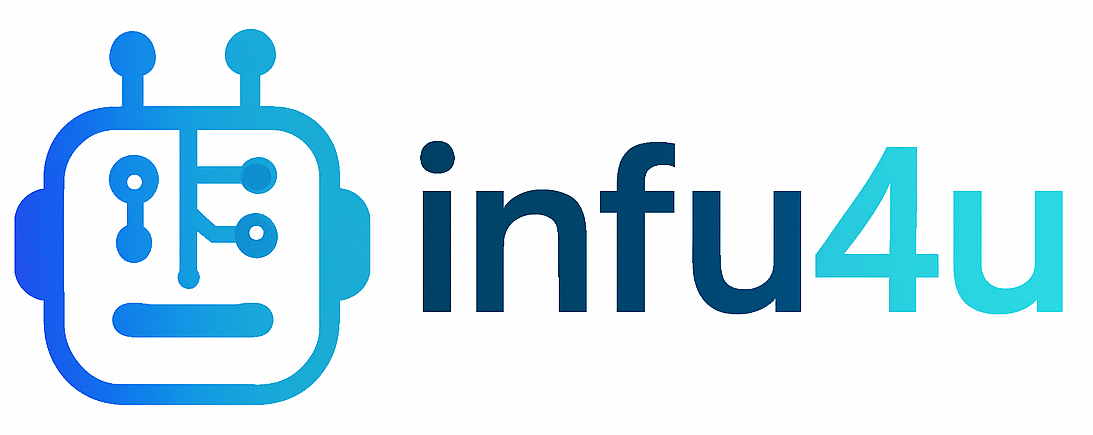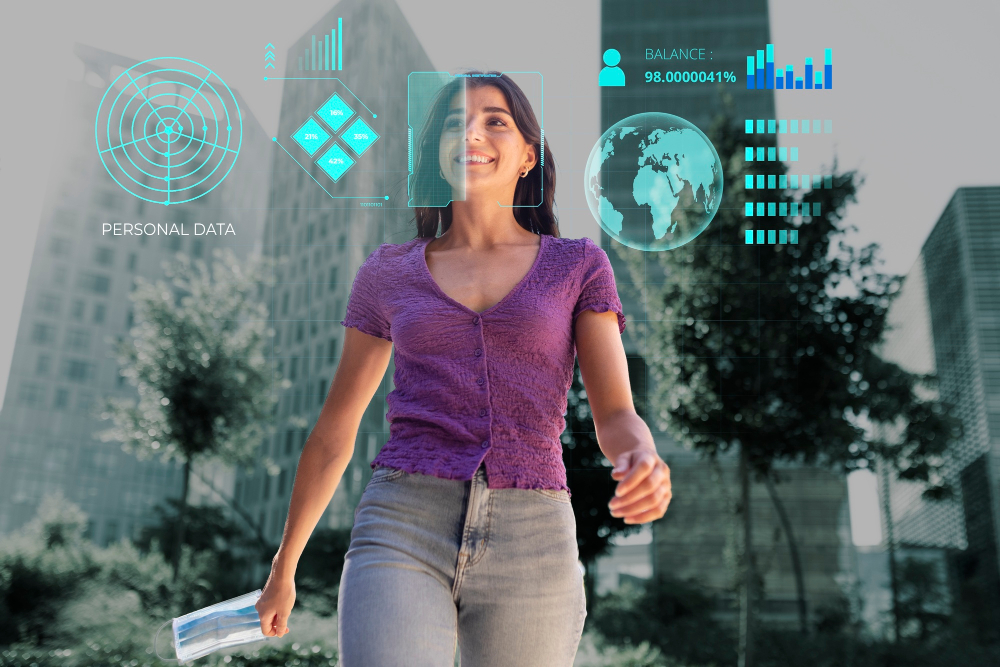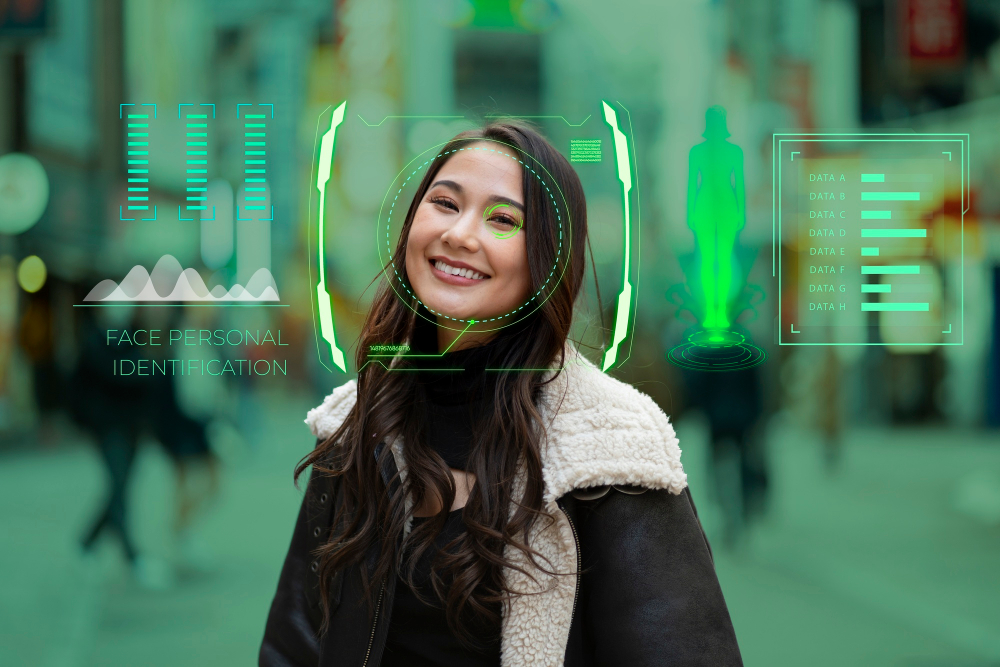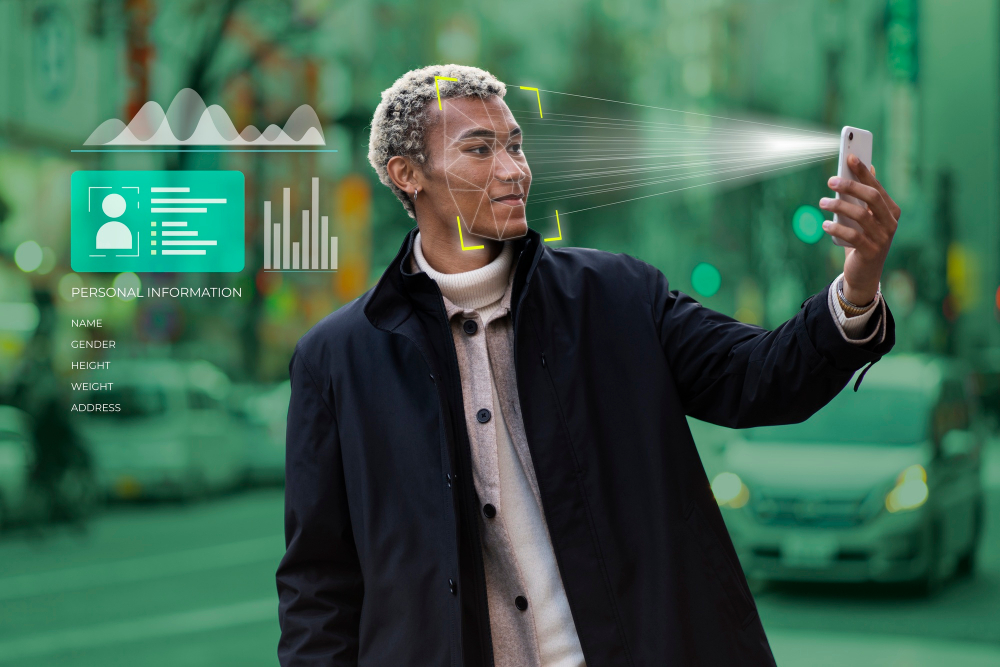How Artificial Intelligence Is Transforming Everyday Life in 2025
Introduction: The AI Evolution in Daily Life
Artificial intelligence (AI) has moved far beyond tech labs and research centers—it now lives in our homes, powers our jobs, and influences our daily decisions. As we enter 2025, AI is seamlessly woven into the fabric of human existence, shaping everything from how we shop to how we learn and heal.
The global AI market is expected to surpass $1.5 trillion by 2030, and 2025 stands as a milestone year in this transformation. Let’s dive deep into how AI is transforming everyday life—enhancing comfort, productivity, and human creativity like never before.
AI at Home: Smarter Living Made Simple
Voice Assistants and Smart Home Ecosystems
Voice assistants like Alexa, Google Assistant, and Apple’s Siri have evolved from simple command-takers to proactive home managers. They now learn from user behavior to automate lighting, adjust temperature, and even predict grocery needs. AI-driven devices such as Samsung’s SmartThings and Amazon Astro personalize home experiences through pattern recognition and automation.
AI in Energy Efficiency and Home Security
Smart thermostats like Google Nest optimize energy use, while AI-powered security systems detect unusual activities and notify homeowners in real time. These technologies are not just making homes smarter—they’re making them safer and more sustainable.
AI in Healthcare: Personalized and Predictive Medicine
Early Diagnosis and AI-Powered Health Monitoring
AI algorithms now help doctors identify diseases like cancer or diabetes earlier than ever before. Wearables such as Apple Watch and Fitbit Sense track vital signs, providing predictive insights and personalized health data. This combination of continuous monitoring and machine learning saves countless lives annually.
Virtual Health Assistants and Patient Support
Virtual health assistants powered by AI, such as Ada Health or Babylon AI, offer 24/7 medical advice, monitor treatment plans, and provide emotional support. In 2025, these tools are making healthcare more accessible and affordable for millions worldwide.
AI in Education: Personalized Learning Experiences
Smart Tutoring and Adaptive Learning Systems
AI-driven platforms like Khanmigo (from Khan Academy) and Duolingo Max adapt to students’ learning styles and progress, offering personalized challenges and instant feedback. This individualized approach helps bridge knowledge gaps and keeps learners motivated.
How AI Is Bridging Educational Gaps Globally
AI translation tools and remote learning platforms are enabling global access to education. In rural areas, AI tutors deliver quality instruction where teachers are scarce, empowering students to achieve their full potential regardless of geography.
AI in Transportation: Redefining Mobility and Safety
Autonomous Vehicles and Smart Traffic Systems
Self-driving technology, led by Tesla, Waymo, and Cruise, continues to reshape how people commute. These vehicles use advanced neural networks to navigate traffic, prevent accidents, and reduce emissions.
AI-Enhanced Public Transportation Efficiency
Cities are integrating AI for route optimization, predictive maintenance, and crowd management. This not only saves time but also reduces pollution and transportation costs for citizens.
AI in the Workplace: The Hybrid Future of Work
Automating Routine Tasks and Data Analysis
AI-powered platforms handle data entry, scheduling, and analytics—freeing employees to focus on creativity and strategy. Tools like ChatGPT Enterprise and Notion AI streamline workflows and enhance collaboration.
Human-AI Collaboration for Better Decision-Making
Rather than replacing workers, AI complements them. Predictive analytics and generative models help leaders make smarter, data-driven decisions while reducing bias and inefficiency.
AI in Entertainment: Creativity Meets Technology
AI-Generated Music, Movies, and Art
From AI composers to virtual actors, tools like Runway ML, Midjourney, and Sora are revolutionizing how we create and consume content. These tools make it possible for anyone to turn imagination into reality, no technical expertise required.
Personalized Streaming and Gaming Experiences
Streaming giants like Netflix and Spotify leverage AI to tailor recommendations with uncanny accuracy. Similarly, AI in gaming personalizes storylines and difficulty levels, keeping players deeply engaged.
AI in Retail and E-Commerce: Shopping Smarter
AI-Powered Product Recommendations and Virtual Try-Ons
Retailers use AI to anticipate shopping needs. Apps like Amazon Style and Zara’s AI fitting rooms offer personalized styling suggestions and augmented reality try-ons—bridging the gap between online and offline retail.
How AI Enhances Customer Experience and Loyalty
AI chatbots and sentiment analysis tools ensure instant, human-like responses to customer queries, strengthening brand trust and improving overall satisfaction.





